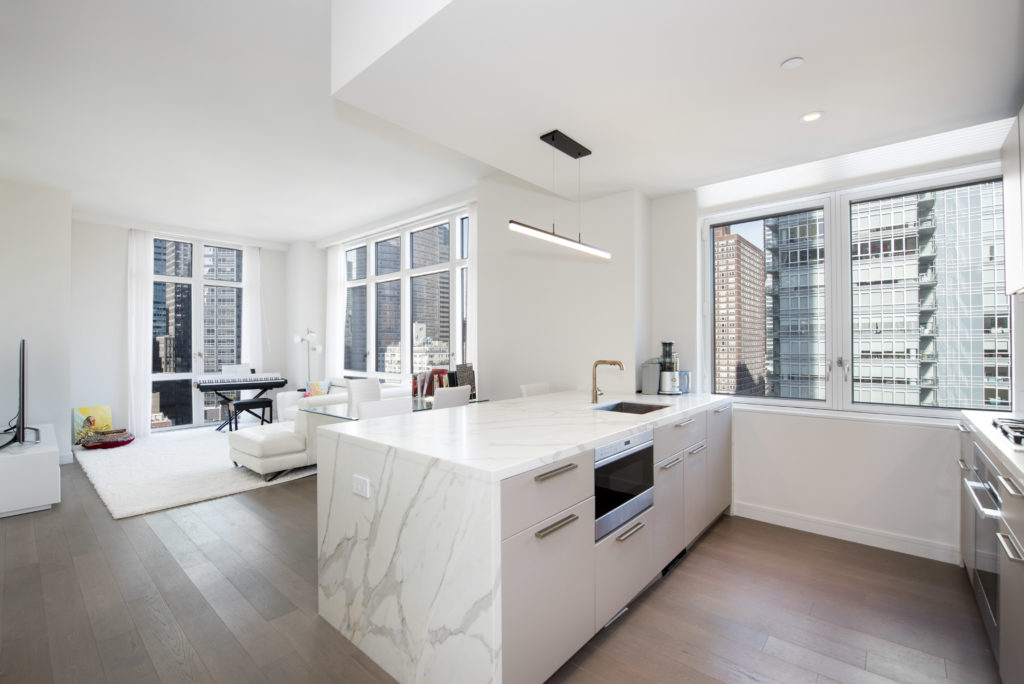- National Level Research Information
- New York Research Information
- Finance Links
Reach out to Wei Min for an intro chat, tan@castle-avenue.com
Deal Example: Halcyon in Midtown East. Represented multiple buyers at price points between $1.7 million to $5 million. Reserved at pre-construction stage. Rented at premium rents upon completion. Close to United Nations, Citigroup Center, Blackstone, Blackrock, Chase.


Weimin’s interview with Aidan Booth, online entrepreneur and property investor
Focusing on Manhattan, New York properties, we are one of New York’s top agents. We have held top corporate roles, owned investment property and owned businesses, factors that serve to provide the client with a well rounded and experienced agent and advisor. We will assist you full cycle from the buying process at the beginning to renting to tenants to the eventual sale.
Our focus is on global investors buying Manhattan condos for portfolio diversification and long term return-on-investment.
1) Identify the right buy based on objectives
2) Manage the buy process
3) Rent out the property
4) Manage tenants
5) Market the property at the eventual sale
Read more: Best New York Property Agents
All investments carry different risks and rewards. Diversification ensures that one’s portfolio is balanced and one is not over-exposed to the risks of one particular type of investment. Since income producing property is not correlated with the broader stock market and the income stream is relatively stable, it provides a good source of diversification to the investor.
REITs do not provide as good a diversification tool because values fluctuate with the broader stock market. Further, REITs typically invest in very large buildings to justify their large overhead expenses. These properties, since they are being competed for by institutional investors, typically have much lower returns. Finally, the investor does not receive depreciation and tax deferral benefits with REITs.
1031 exchanges are used to defer taxes on capital gains by exchanging an old property for a new like-kind property. This is an excellent way of preserving capital and growing a portfolio. Reason is that funds that otherwise would be used to pay taxes can be allocated to productive assets. Castle Avenue would coordinate 1031 exchanges, utilizing qualified intermediaries, for our clients.
Ask Wei Min about state of the Manhattan market, tan@castle-avenue.com
Deal Example: 40 Mercer in Soho. $3.2 million for one bedroom. Represented investor client seeking ultra luxury property in Soho. 40 Mercer was designed by Jean Nouvel and is one of Manhattan’s most exclusive buildings, commanding premium prices and rents.

Owning property is like owning a business but with a better risk profile. Key risks are delinquency, vacancy and unexpected repairs. Unlike a traditional business whose value can decrease to zero, real estate is a tangible asset whose value usually does not decrease significantly.
Taxes are reported via a Schedule E (if the asset is owed under an individual’s name) or via a K1 (if owned under an LLC). In either case, the income from the asset is flowed through to the taxable income of the investor. This means the profit or loss is added to the investor’s overall income stream and the total amount is taxed once. This is more advantageous compared to stock dividends or REITs where there is double taxation.
Below is the process for buying a condo in Manhattan, New York. The process is similar for those buying the condo as an investment property or as a residence. Main difference is that for investment property buyers, downpayment required by the lender is usually higher.
Estimated Time to closing after identifying property:
With Financing: 10 to 12 weeks
All Cash: 2 to 3 weeks
Deal Example: 111 Murray Street in Tribeca. Buy decision based on location opposite Goldman Sachs and building being the latest super tower in Tribeca where rents are at a premium.
Weimin’s article, Investing in Tribeca real estate

For investment purposes, a condo is recommended because of higher appreciation potential and flexibility in renting out. Co-ops are buildings whereby the apartment buyer buys shares of the building. As such, co-op owners usually need approval from the building to perform any renovations. More importantly, co-ops usually restrict ability to rent out. For example, many co-ops only allow renting 2 years out of every 5 years. For the investor, this means restriction of income potential.
Almost all condos in Manhattan are freehold property (as opposed to leasehold). The only exception is Battery Park City and a few buildings here and there. The concept of freehold vs leasehold is more of a British system.
Investing in a Manhattan penthouse apartment
For condo apartments, the main monthly expenses are taxes, common charges, insurance and depending on whether financing is used, mortgage principal and interest. Primary residence owners may get a tax abatement which dramatically reduces the monthly tax amount. Without abatement, annual taxes are often between 0.5 to 1 percent of the property’s value. Common charges average $1 to $2 per square foot per month and it goes up or down depending on number of units and amenities. Insurance is roughly $500 to $1000 per year and on a monthly basis, a relatively smaller expense item.
The major expenses for a building are property taxes, insurance, repairs and property management fees. Property taxes and insurance are lower relative to a condo when comparing size and value vs the amount paid. While a building does not have common charges, there are repair expenses. For example, the owner would have a large repair bill when repair of the roof, facade, heater, boiler or windows are required.
At purchase:
With financing, closing costs are around 6-8 percent of loan amount depending on whether it’s a resale or new development. Refer Closing Costs and Stamp Duty.
If all cash, closing costs are about 2 to 5 percent of price.
Every month – condo:
Common charges approx $1 to $2 per square foot per month
Property taxes approx 0.04% to 0.08% of property value per month. About 0.5 to 1 percent of property value per year.
Every month – building:
Property taxes approx 0.08% of property value per month. About 1 percent of property value per year (high estimate)
Property management 3 to 9 percent of gross rent collected.
Repair, maintenance expenses as needed.
Every year:
Accountant fees $1,000 to $2,000 per year.
Legal fees as needed
Income taxes (usually wiped out by depreciation)
At sale: Capital gains tax. Refer below.
New York investment properties that our investor clients buy are divided into condos (residential) and buildings (commercial or residential). Residential condos are popular especially amongst international / overseas buyers because of the simplicity of ownership. Condo ownership requires minimal maintenance as the monthly common charges paid basically covers the required maintenance activities. A tenant or renter who has issues while staying at a condo can easily call the building staff to fix the issue at hand, eg leaky toilet or ineffective heater. Comparatively, if an investor owns a building, the investor needs to address issues like the roof, boiler, heater etc that may need repair. Obviously there are advantages and disadvantages of owning a condo unit vs a building. Here is a rough breakdown:
Condo: Upside – ease of ownership, simple to understand. Downside – lower rate of return
Building: Upside – higher rate of return. Downside – more management intensive, higher cost of entry
Weimin’s analysis, Manhattan property review.
Every month, an owner pays property taxes, which is part of the city’s way of generating revenue. Property taxes amount to about 0.5 percent to 1 percent of the property’s market value per year. This tax is paid regardless of whether the investment property is profitable.
On an annual basis, the IRS allows an investment property owner to depreciate property. Essentially, this means allowing a phantom expense, which often results in no taxable income. As such, no income taxes would be due.
Manhattan condo capital gains taxes
For U.S. residents, downpayment for an investment property is usually 25 percent or more. For overseas or international buyers, downpayment requirement is usually 40 to 50 percent. In addition, banks will require a liquidity cushion, eg 10 – 18 months of monthly payments in liquid assets. These higher downpayment requirements are result of the credit crisis.
A Buyer’s Agent for New York Condominiums
We focus on global investors buying Manhattan condos for portfolio diversification and long term return-on-investment.
1) Identify the right buy based on objectives
2) Manage the buy process
3) Rent out the property
4) Manage tenants
5) Market the property at the eventual sale
Notes:
This article was updated Feb 28, 2024
Always consult your tax or legal professional as individual circumstances vary.
Related Articles:
How To Invest In New York Property, Profit and Repeat
Manhattan Property Investment Performance
Strategy For Buying New Property In Manhattan
Investing in a terraced apartment, a case study
